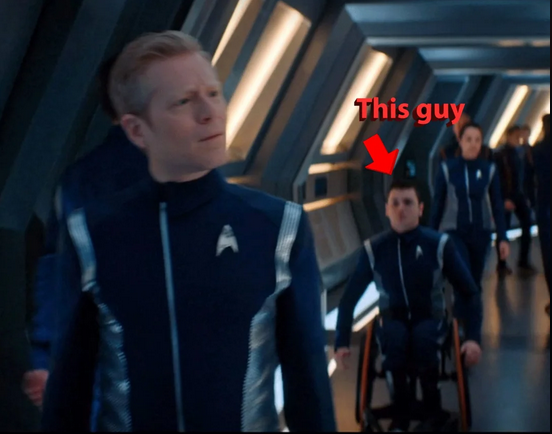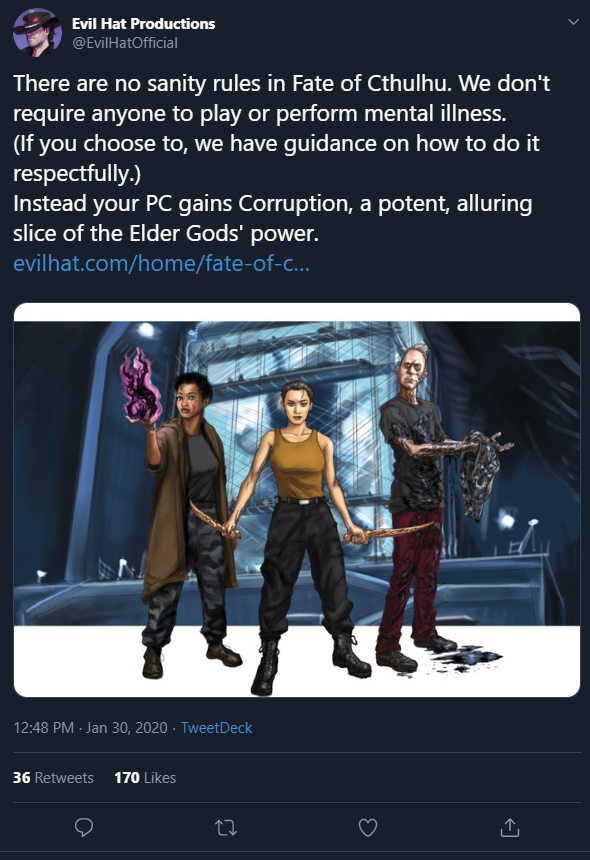In the wake of the Charlie Kirk assassination, a LOT of people found themselves with exciting opportunities to explore new career options after posting gleeful nonsense online that their employers didn’t like or were downright horrified by. And while I’ve long been opposed to “cancel culture,” this simply doesn’t bother me. If you found that your co-worker was thrilled to ecstasy over the murder of someone whose politics you agreed with, would that not make for an uncomfortable to downright impossible work environment? If they supported not just that murder, but advocated publicly for *more,* wouldn’t you wonder where *you* sat on their kill list? Even if you opposed the politics of the killed and agreed with politics of the killer, wouldn’t you see that level of glee as kinda psychopathic and liable to spread kinda wide?
But it got me thinking.When Osama Bin Laden got got, when this or that serial killer sat on Ol’ Sparky, when some random street thug got run down and smooshed by the cops, a *lot* or people turned out to celebrate. If Hitler or Stalin or Jack the Ripper get put down, people celebrate, and for the most part society views this somewhere between “slight distaste for the excessive emotionalism” to “downright supportive.” So what makes celebrating Bin Ladins death good and Kirk’s bad? Obviously, one was a bad guy, the other was a good guy. But equally obviously, those celebrating Kirk’s murder saw him as a bad guy. From what I’ve seen a lot of that is based on misinterpretations to outright lies, but the fact that their views are based on falsehoods doesn’t mean their views are any less heartfelt.
So, let’s try to draw a comparison. Let’s stay away from extreme examples like Stalin or Saddam Hussein. Let’s look at someone I’ve seen raised several times related to Kirk: Kyle Rittenhouse. In 2020, he shot three people in Kenosha, WI, killing two, and subsequently was viewed as a hero by many and even ended up at several Charlie Kirk-related events. The three he shot were mocked by many, including myself. Why is mocking their deaths/injuries acceptable while mocking Kirk’s is not?
Well, there’s the motive for the shootings. There’s the kind of people the shooting victims were in general; there’s what they were generally doing that day, and there’s what they were doing at that very moment. Compare:
Motive, Kirk assassination: Political terrorism
Motive, Rittenhouse shootings: self defense
General type of person: Charley Kirk – law abiding, engaged in peaceful political debate
General type of person, Rittenhouse shootings:
1: Joseph Rosenbaum, dead: spent most of his adult life in prison for sexual assault of minors, beat he girlfriend
2: Anthony Huber, dead: spent time in prison for attacking both his brother and sister
3: Gaige Grosskreutz, lost 90% of his bicep: Seems like kind of a nobody.
What were they doing that day:
Kirk: Debating publicly, giving time to people who disagreed with him
Kenosha Three: All three shooting victims were “attending” a protest on the side of looters, rioters and arsonists. Rosenbaum and Huber seemed to be there as agents of chaos; Grosskreutz seemed to play a medical support role to keep said agents in the fight to tear down society.
What were they doing at that moment:
Kirk: speaking with someone on the other side of politics.
Kenosha three: all three were trying to kill Rittenhouse. Grosskreutz pulled out a Glock with the seeming goal of shooting him in the head, but got shot first.
In the case of Kirk, even if you disagreed with his politics, you can’t rationally argue that he was engaged in criminality at that moment or generally, while the Kenosha three *all* seemed to be bent on extreme criminality. That’s the difference: mocking a criminal seems fair game.
Many companies, from random employers to social media platforms, say that they don’t tolerate advocacy of violence. But that’s clearly not true. And I don’t even mean it’s politically slanted… it’s *really* not true. Feel free to say “I support the military forces of Ukraine against Russia.” Nobody will much complain except supporters of Russia, who will say “I support the military forces of Russia.” And what is that support if not the support of people armed with weapons trying to kill other people? It’s perfectly acceptable. “I support Israel” means you support the bombardment of Hamas. “I support Palestine” means you support rubbing out all the Israelies. “I support Patton/Zhukov/Sherman/Julius Caesar/Muhammad/fill-in-the-military-leader” means you support them killing their enemies, and more or less nobody will much bat an eye at that. If you mock the death of Hitler or Stalin or Pol Pot or Saddam or Jim Jones, again not too many people will care because those were not only awful people because “I don’t agree with their politics,” but “they were engaged in murderous activities at the time.” If you mock the death of some dimwad who climbs the side of a building to vandalize it and falls off and goes splat, again, not too many people will really complain because that death was based on that person doing an objectively wrong sort of thing. Disagree with his politics or theology all you like, what Kirk was doing when he got shot was peaceably talking to people. “Having a debate” is NOT the sort of thing that should rationally end in a gunshot.
If you mock the death of Kirk, you suggest a threat to people who agree with his politics. If you mock the death of some idiot who plays chicken with a train and loses, not too many people are going to go “hey, that could be me, and maybe this guy will run me over with a train.” If you mock the death of Stalin, the only people likely to get upset are those who plan on becoming democidal tyrants.
Where’s the line? It’s vague, but “actively murdered” is kind of a clear line… usually. Jeffrey Dahmer was actively murdered in prison, and again, nobody will much complain if you dance on his grave. Just… use some common sense. Would it be bad to mock the assassination of Person X? Well, assume that Person X was their political opposite. Would it be bad for a leftist to mock the assassination of, say, JD Vance? Ask said leftist if it would be acceptable for a rightwinger to mock the assassination of Kamala Harris. Some some damn sense, people.
 on
on